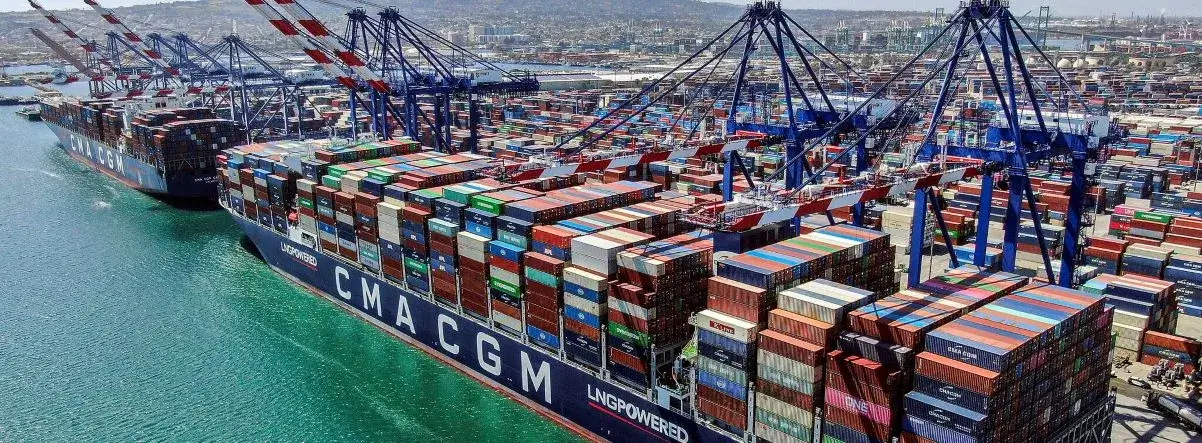
Algeria’s maritime passenger transport sector is witnessing a significant transformation as the country opens its ports to private shipping operators.
The move, part of a wider market liberalisation plan spearheaded by the Algerian government, is beginning to attract a surge of private investment and competition—offering hope to millions of travellers previously hindered by limited service and high ticket prices.
Traditionally dominated by state-owned companies, Algeria’s maritime transport market has long struggled to keep pace with rising demand, particularly during the peak summer months.
Now, with the entry of international players such as GNV, Nouris El Bahr, and Spain’s Balearia, the sector is poised to expand its capacity and service quality dramatically.
More companies are expected to receive operational clearance in the coming months, a development welcomed by the vast Algerian diaspora in Europe.
“The opening of the market to private operators aims to diversify services and reduce travel costs,” said an industry official familiar with the government’s strategy.
For many Algerians living abroad—especially those travelling with large families or personal vehicles—maritime routes offer a flexible and cost-effective alternative to air travel.
The shift comes at a time when the demand for sea crossings is at an all-time high.
The underdevelopment of the sector in previous decades had left passengers with few affordable options and long wait times.
Today, however, new entrants such as Aurès Maritime and the Madar group are preparing to bridge that gap, with Aurès initially scheduled to launch crossings this summer.
One of the most critical pain points for travellers has been the steep cost of ferry tickets.
In response, President Abdelmadjid Tebboune’s administration has called for a comprehensive revision of pricing policies to improve accessibility for the Algerian community abroad.
Companies like Algérie Ferries have since introduced significant discounts, and the growing competition is beginning to push fares downward.
The liberalisation of Algeria’s maritime transport sector signals a broader shift in economic policy—one that prioritises efficiency, competitiveness, and the needs of citizens.
With improved infrastructure, a more diverse operator base, and better ticketing conditions, a new era appears to be dawning for sea travel in Algeria.



